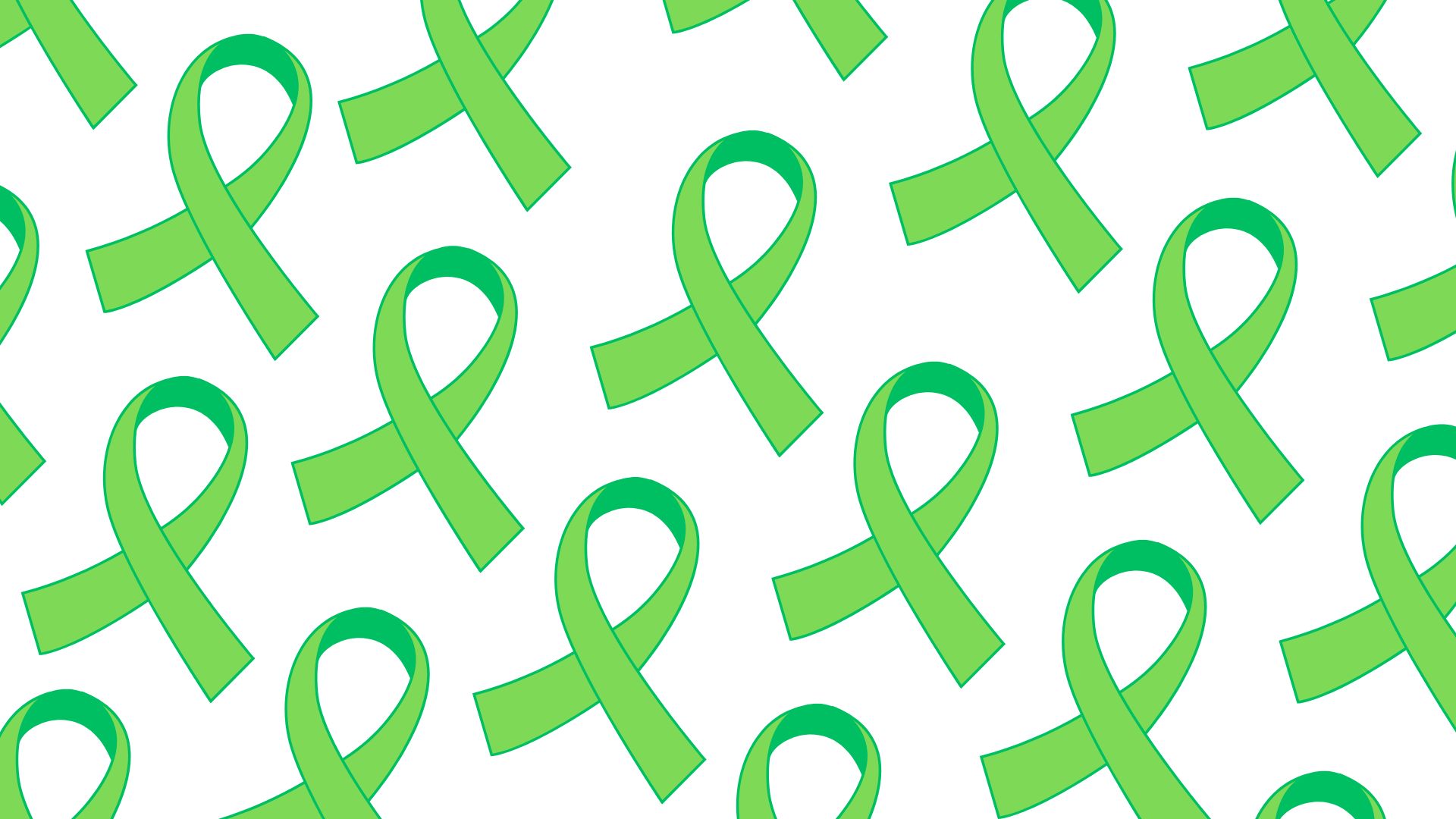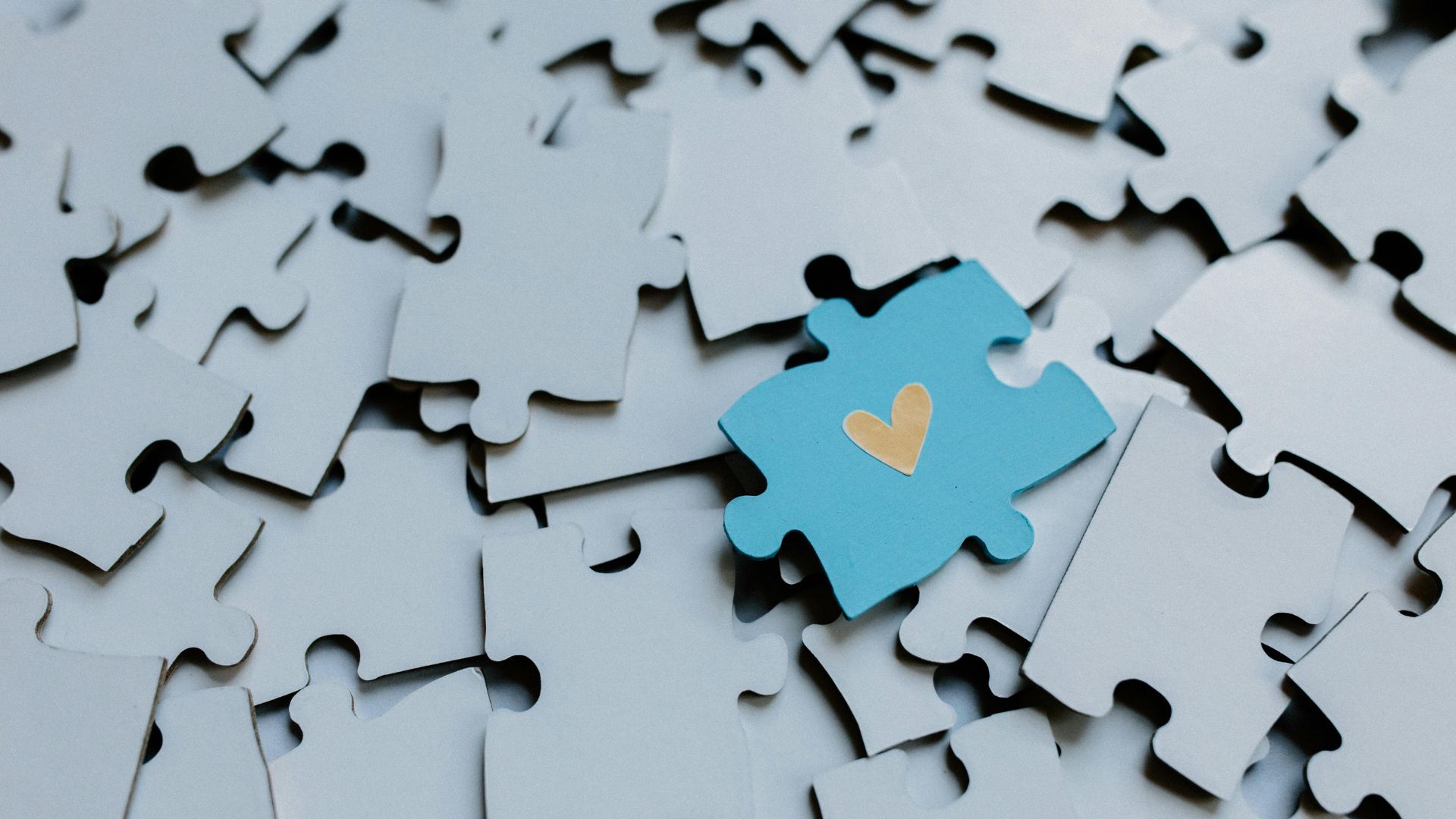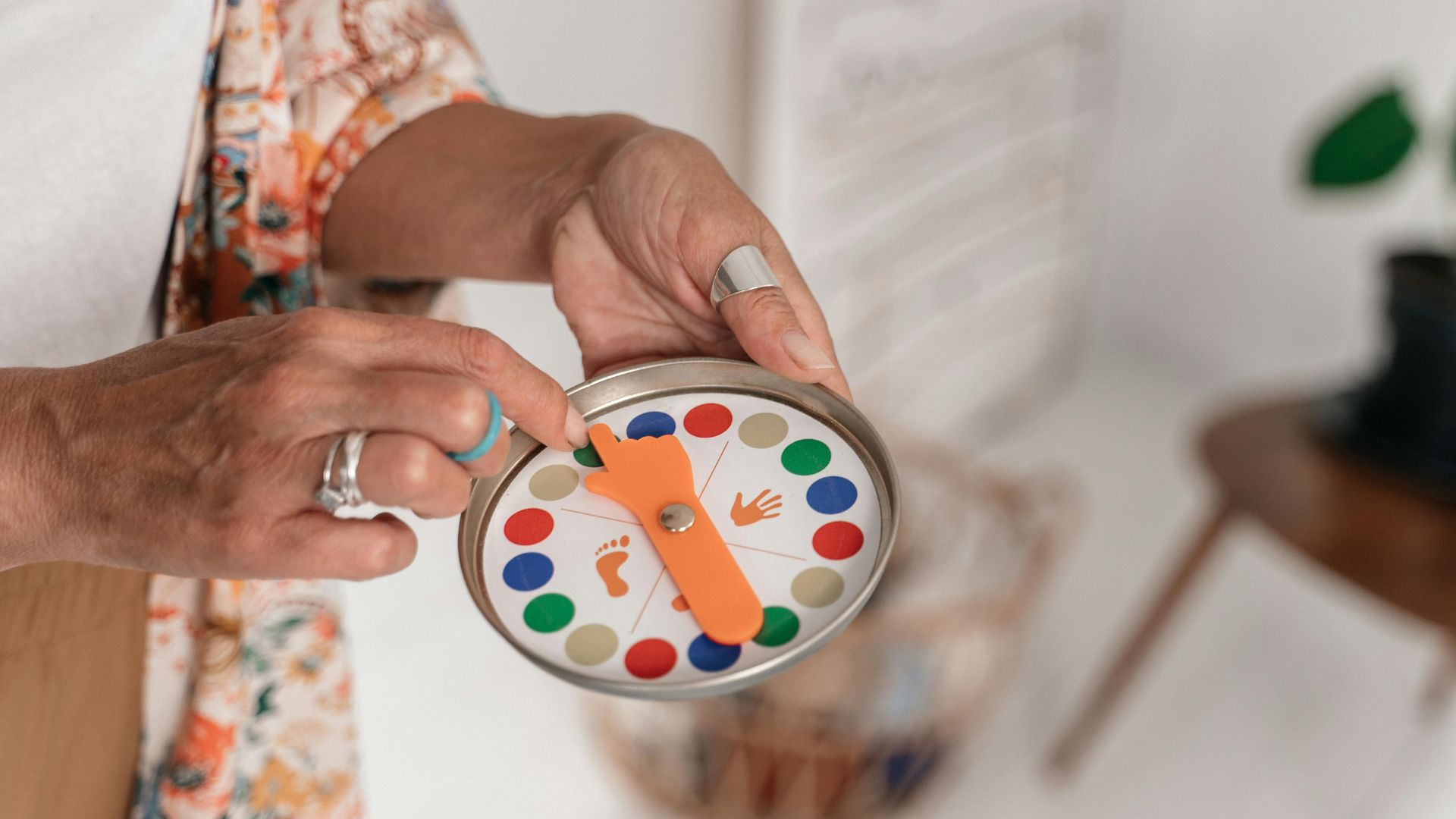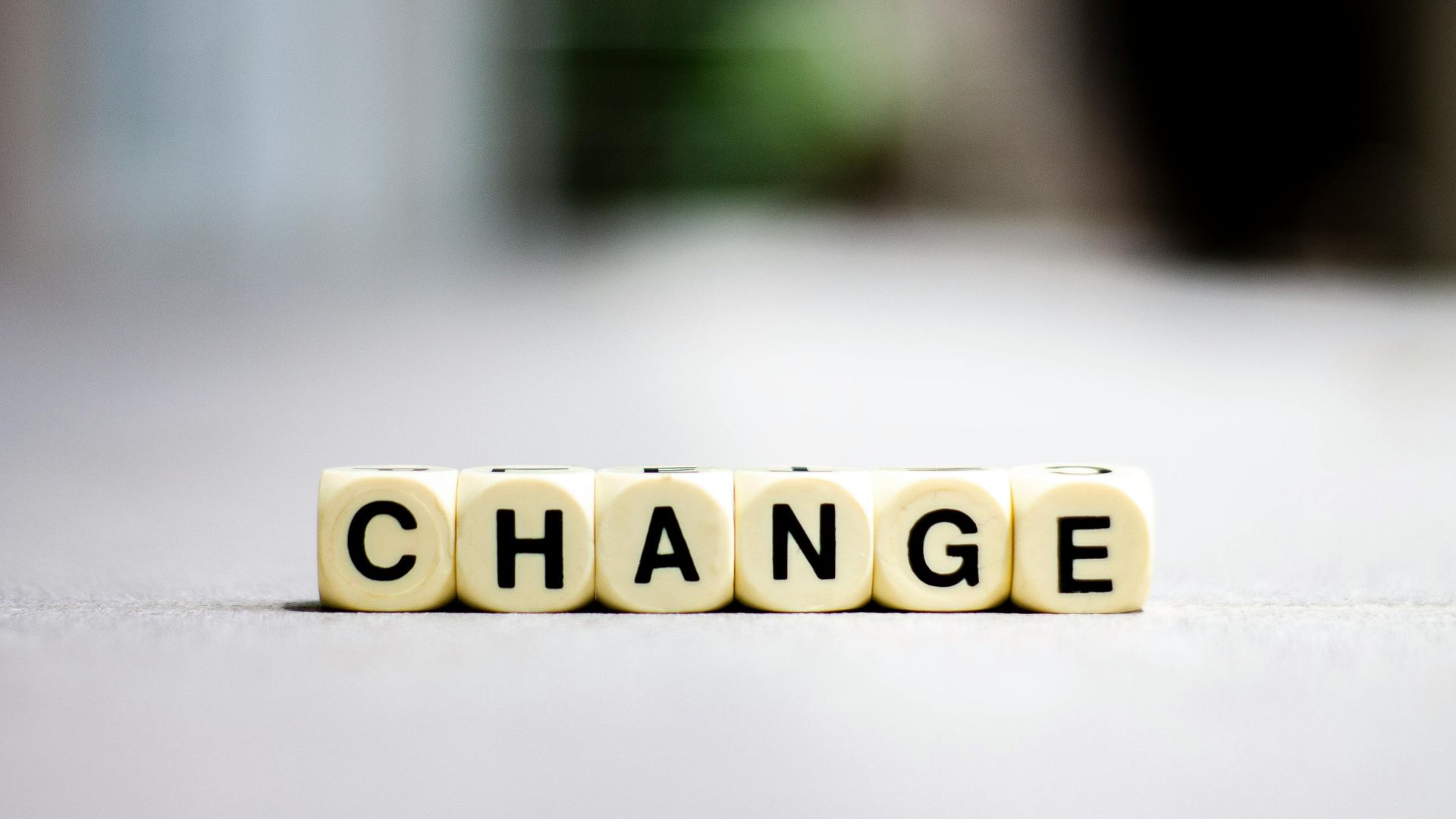Understanding Depression: The Basics
by Rachel Lysak | March 2024
Symptoms
The symptoms of depression can vary widely but commonly include a deep feeling of sadness or a marked loss of interest or pleasure in activities. Other symptoms can range from changes in appetite or weight, sleep disturbances, and persistent fatigue, to feelings of worthlessness, difficulty thinking or concentrating, and recurrent thoughts of death or suicide.
Demographics
Depression can affect anyone, regardless of age, gender, or background. Depression is thought to be caused by a combination of genetic, biological, environmental, and psychological factors. Life events, such as trauma, loss of a loved one, a difficult relationship, or any stressful situation, may trigger a depressive episode. Other times, depression may develop without any apparent cause.
Treatment
Treatment often involves psychotherapy, medication, or a combination of both. Lifestyle choices have an enormous impact on the development and alleviation of depression symptoms. Regular exercise, a healthy varied diet, and contact with healthy relationships are game changers when it comes to battling depression. However, the very things that combat depression are rendered very difficult to do by the nature of the disorder. Depression can be a difficult puzzle to solve. The longer it goes untreated the more entrenched it can become.
Depression is more than just a bad day; it is a real, mental health condition that requires understanding and compassion. By recognizing its complexity and advocating for proper care, we can help those affected find their way back to light and hope. If you or anyone you know is struggling with depression, compassionate help is not far away.












